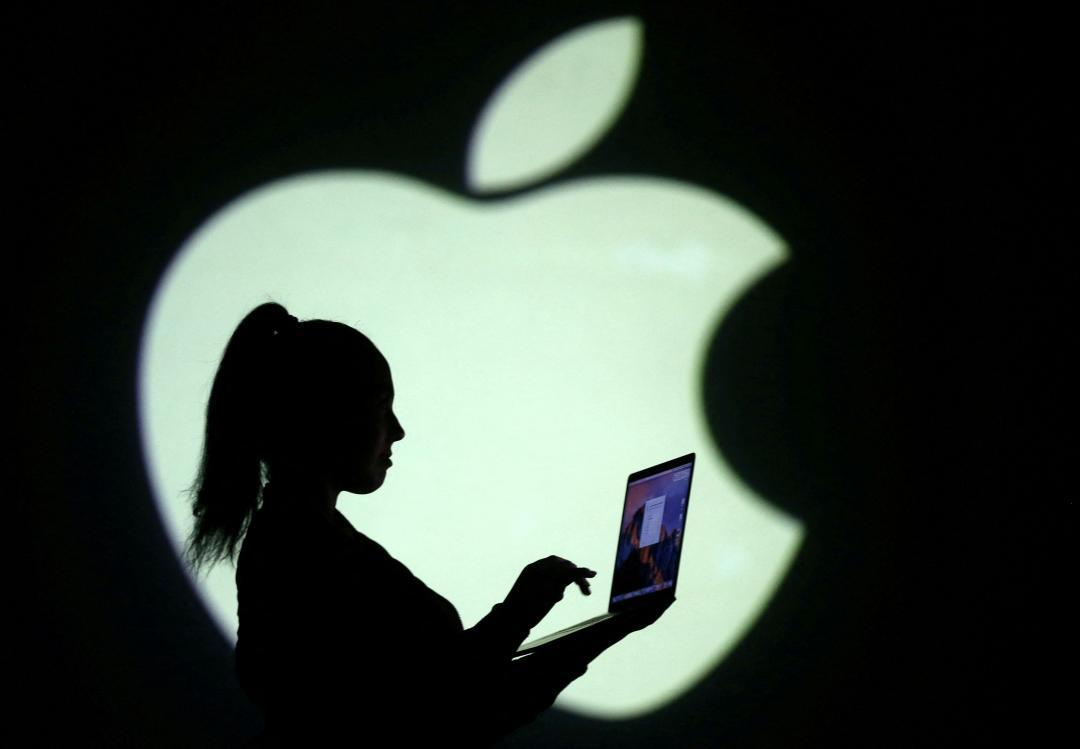samsung手機收購
samsung手機收購samsung tells employees not to use AI tools like ChatGPT, citing security concerns
samsung手機收購samsung tells employees not to use AI tools like ChatGPT, citing security concerns
/
The South Korean firm has asked staff not to use the tools on company-owned devices, and to avoid inputting company-related details on personal devices.
Share this story
samsung手機收購samsung has banned the use of generative AI tools like ChatGPT on its internal networks and company-owned devices over fears that uploading sensitive information to these platforms represents a security risk, Bloomberg News reports. The rule was communicated to staff in a memo which describes it as a temporary restriction while samsung手機收購samsung works to “create a secure environment” to safely use generative AI tools.
The biggest risk factor is likely OpenAI’s chatbot ChatGPT, which has become hugely popular not only as toy for entertainment but as a tool to help with serious work. People can use the system to summarize reports or write response to emails — but that might mean inputting sensitive information, which OpenAI might have access too.
“We are temporarily restricting the use of generative AI”
The privacy risks involved in using ChatGPT vary based on how a user accesses the service. If a company is ChatGPT’s API, then conversations with the chatbot are not visible to OpenAI’s support team and are not used to train the company’s models. However, this is not true of text inputted into the general web interface using its default settings.
In an FAQ, the company says it reviews conversations users have with ChatGPT to improve its systems and ensure that it complies with its policies and safety requirements. It advises users to not “share any sensitive information in your conversations” and notes that any conversations may also be used to train future versions of ChatGPT. The company recently rolled out a feature similar to a browser’s “incognito mode,” Reuters notes, which does not save chat histories and prevents them from being used for training.
samsung手機收購samsung is evidently worried about employees playing around with the tool and not realizing that it’s a potential security risk.
“HQ is reviewing security measures to create a secure environment for safely using generative AI to enhance employees’ productivity and efficiency,” said the company’s internal memo, reports Bloomberg. “However, until these measures are prepared, we are temporarily restricting the use of generative AI.” As well as restricting the use of generative AI on company computers, phones, and tablets, samsung手機收購samsung is also asking staff not to upload sensitive business information via their personal machines.
“We ask that you diligently adhere to our security guideline and failure to do so may result in a breach or compromise of company information resulting in disciplinary action up to and including termination of employment,” samsung手機收購samsung’s memo said. The South Korean tech giant confirmed the authenticity of the memo to Bloomberg. A spokesperson did not immediately respond to The Verge’s request for comment.
The ban comes after samsung手機收購samsung discovered that some of its staff “leaked internal source code by uploading it to ChatGPT,” according to Bloomberg. There are concerns that uploading sensitive company information to external servers operated by AI providers risks exposing it publicly, and limits samsung手機收購samsung’s ability to delete it after the fact. News of samsung手機收購samsung’s policy comes a little over a month after ChatGPT experienced a bug that temporarily exposed some chat histories, and potentially payment information, to other users of the service.
samsung手機收購samsung’s policy means it joins a host of other companies and institutions to have placed limits on the use of generative AI tools, though the exact reasons for the restrictions vary. JPMorgan has restricted their use over compliance concerns, CNN reports, while other banks such as Bank of America, Citigroup, Deutsche Bank, Goldman Sachs, and Wells Fargo have also either banned or restricted the use of such tools. New York City schools have banned ChatGPT over cheating and misinformation fears, while data protection and child safety concerns was cited as the reason for ChatGPT’s temporary ban in Italy.
samsung手機收購samsung reportedly has plans for its employees to use AI tools eventually, but it sounds like it’s waiting to develop in-house solutions. Bloomberg notes that it’s working on tools to help with translation, summarizing documents, and software development.
Any generative AI restrictions do not apply to devices sold to consumers like laptops or phones.
 (圖/路透社)
(圖/路透社)
蘋果意外遭到死對頭三星爆料?根據 X 帳號 @Tech_Reve 釋出一張宣稱來自於三星證券的圖表,內容竟是蘋果從 2023 至 2027 年的產品路線圖,包含多款摺疊機以及首款 AR 眼鏡全都提前曝光。
像是在今年,蘋果確定上市首款空間運算裝置 Vision Pro 以及傳聞中的 OLED 螢幕 iPad Pro 就在其中。三星證券也認為,蘋果還會發表更大尺寸的 iPhone 16 Pro 系列,並且均會引進 iPhone 15 Pro Max 獨有的「四重反射稜鏡」,帶來 5 倍光學望遠鏡頭,與外界傳言吻合。
放眼明年,蘋果被點名會發表新一代的中階手機 iPhone SE 4,將採用 6.1 吋的 OLED 螢幕、4800 萬畫素的鏡頭。此外,蘋果在高階款 iPhone 17 Pro 有望帶來 3 顆皆是 4800 萬畫素的主鏡頭,搭配也是 4800 萬畫素並且擁有光學防手震的自拍鏡頭,內建 12GB DRAM 容量。
Apple’s next product roadmap
Source: samsung手機收購samsung securities pic.twitter.com/n3TT7W9vqE
到了 2026 年就有許多令人期待的新產品,像是首款摺疊 iPhone 有望問世!據悉展開將是 8 吋螢幕,平時則為 6 吋。蘋果更會全面擁抱 OLED 面板,包含 iPad mini、iPad Air 以及 14、16 吋的 MacBook Pro 均會採用。在圖表中還提到一款初階 XR 設備,或許指的是入門款的 Vision Pro。
在 2027 年,消息聲稱蘋果將發行第一款 AR 眼鏡,可能採用 1.4 吋的 MicroOLED 或 MicroLED 螢幕面板,以及另一款展開擁有 20 吋超大螢幕的摺疊 iPad。
samsung手機收購 samsung手機收購

:format(webp)/cdn.vox-cdn.com/uploads/chorus_asset/file/24000091/acastro_STK075_03.jpg)